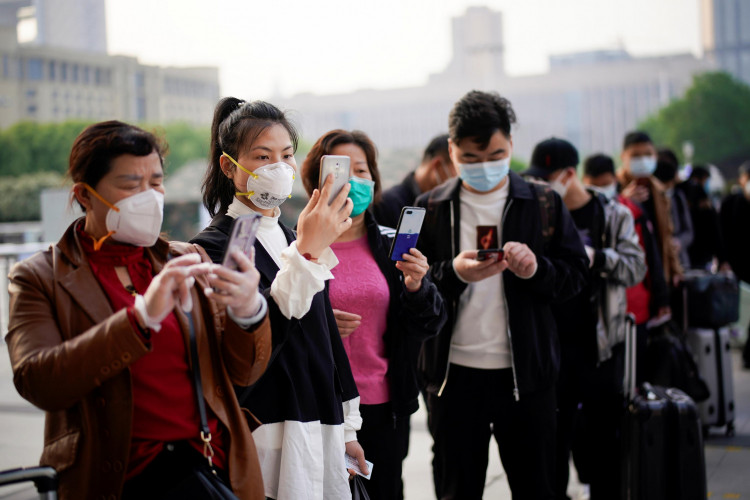Wuhan authorities have decided to test its entire population for Covid-19 following the re-emergence of the coronavirus in the city where it was first reported.
Since then, Chinese immigration authorities have vowed to tightly prohibit non-urgent, unnecessary cross-border travel, including tightening passport issuance for Chinese people.
Because of the pace and scale of the spread, all inter-city coach, taxi and online car-hailing services have been suspended in medium- and high-risk zones.
China is dealing with its largest outbreak in months, with over 300 cases reported in over a dozen places throughout the country. According to the Chinese National Health Commission, the country now has 144 medium- and high-risk locations, the most since the initial spread in early 2020.
In Wuhan, the central city where the earliest Covid-19 cases were discovered in late 2019, mass testing revealed that several of the newly reported cases are very similar to instances detected in Jiangsu province.
Those instances have been linked to the highly transmissible Delta variant, which was first discovered in India.
After stating last week that they would suspend passport issuing for all passengers save those in urgent need, authorities from the National Immigration Administration reaffirmed the warning at a news conference on Wednesday.
China has now barred visitors from entering the capital during the busy summer holiday travel season and warned residents not to leave unless absolutely essential, with top officials vowing to "spare no expense" in defending the city over the weekend.
The ongoing outbreak began on July 20 in Nanjing, Jiangsu Province in eastern China, when nine airport cleaners were discovered to be infected during a routine test. Authorities in China have traced the cluster to an aircraft from Russia that landed at Nanjing Lukou International Airport on July 10.
After the coronavirus first surfaced in Wuhan, China had previously boasted about its achievement in reducing domestic cases to almost zero, allowing the economy to recover. However, with hundreds of domestic cases confirmed since mid-July, the latest outbreak is endangering that success.
The spread of the virus to Beijing, which is hosting the 2022 Winter Olympics in February, is of particular worry to the Chinese government.





